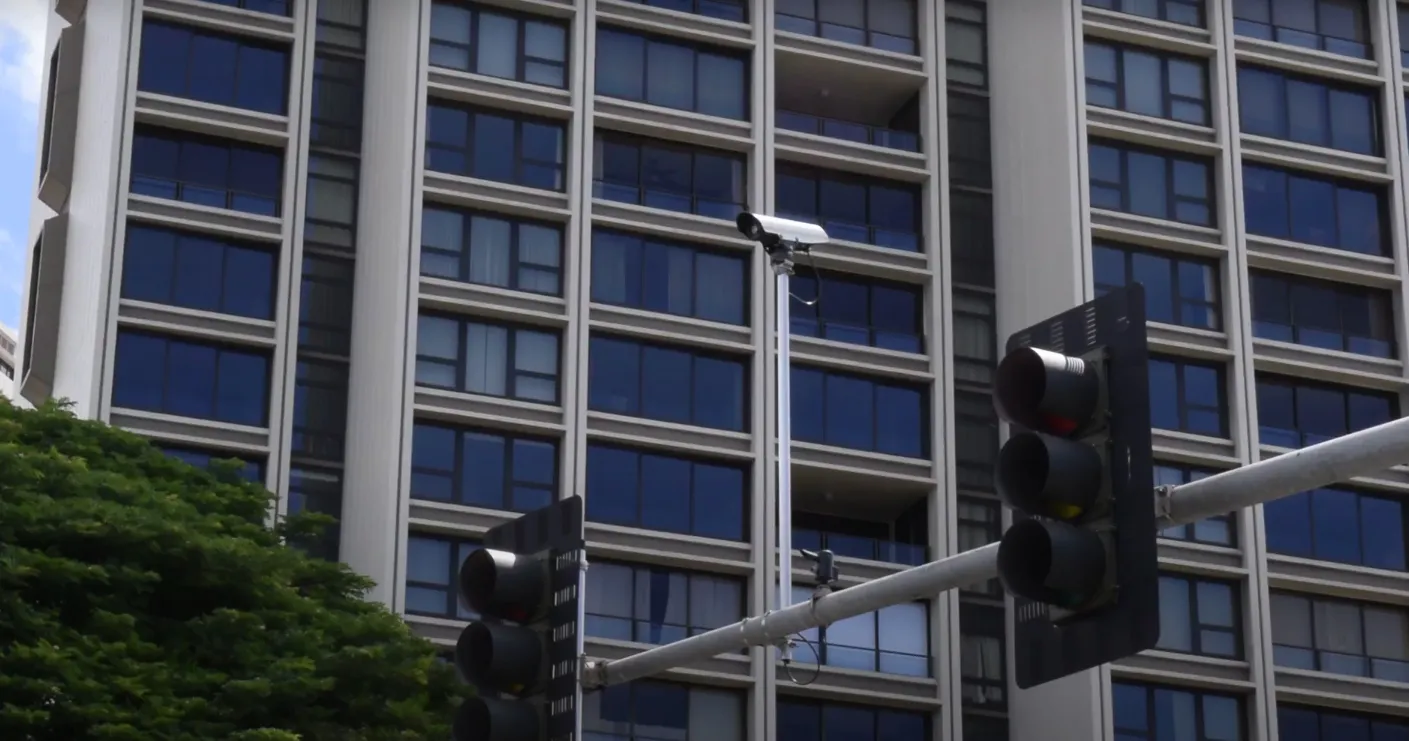The City of Atlanta, in the US, has expanded its research partnership with the Georgia Institute of Technology, which has partnered with the City since 2015 to design, implement and study smart city initiatives.
Through the partnership, Georgia Tech will act as the official research partner for the North Avenue Smart Corridor Project, which is funded by the Renew Atlanta Infrastructure Bond program.
The project involves multiple smart city technology components designed to: facilitate and promote safety for pedestrian and bicycle traffic; use the latest technology adaptive traffic signals for a safer, more efficient flow of bus and vehicular traffic in real time conditions and prioritise emergency vehicles travelling along the corridor on emergency response calls.
The expanded agreement will enable Georgia Tech to store and analyse data generated by these smart city tools, offering professors and students an opportunity to conduct original research and analyse trends. The City will then use the research and analysis in short and long-term transportation planning.
City of Atlanta, Georgia Tech expand research partnership for smart city initiatives
The City of Atlanta, in the US, has expanded its research partnership with the Georgia Institute of Technology, which has partnered with the City since 2015 to design, implement and study smart city initiatives. Through the partnership, Georgia Tech will act as the official research partner for the North Avenue Smart Corridor Project, which is funded by the Renew Atlanta Infrastructure Bond program. The project involves multiple smart city technology components designed to: facilitate and promote safety fo
August 29, 2017
Read time: 2 mins










